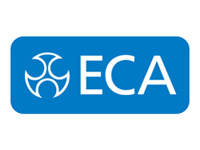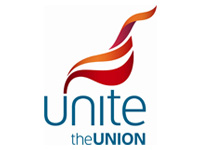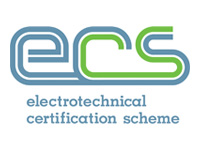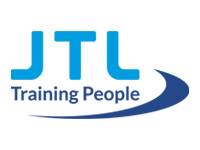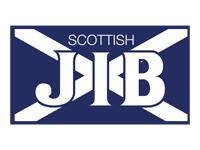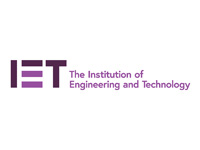The Joint Industry Board for the Electrotechnical Industry (JIB) acknowledges the recommendations outlined in the Report of the Public Inquiry into the Fire at Grenfell Tower, recognising the need for urgent reform in fire safety and construction standards. Our deepest sympathy goes to the friends and families of those who lost their lives, and all those whose lives were changed by the fire.
Among the report’s 58 recommendations is the proposal for a new, centralised regulator for construction. This body would oversee the compliance of construction products with legal standards, manage certification, and enforce building control regulations. The report also calls for manufacturers to provide full testing histories of their products to help ensure the safety and suitability of materials used in construction.
The report advocates for the introduction of a licensing regime for construction projects, a measure that reflects growing recognition of the need for more stringent oversight and competency within the construction sector. These recommendations align with ongoing efforts across the electrotechnical industry to enhance professional standards and competence, including those driven by the JIB and the Electrotechnical Certification Scheme (ECS).
The JIB is an impartial organisation which sets the standards for employment, welfare, grading and apprentice training for electrical contractors. It administers the Electrotechnical Certification Scheme (ECS) scheme in England, Wales and Northern Ireland. JIB and ECS have worked alongside Industry Working Groups to develop occupational frameworks for key electrotechnical roles for many years. These frameworks establish clear career entry routes, pathways to qualified status, and opportunities for continuing professional development (CPD).
ECS is currently involved in initiatives to develop sector-specific frameworks for multiple disciplines, such as Electrical, Fire, Emergency and Security Systems (FESS), Building Controls, Network Infrastructure, Cabling and Jointing, and Electrical Product Service Engineering. This work, in collaboration with the Engineering and Building Services Skills Authority (EBSSA) and other trade bodies, is part of broader industry and government efforts to improve competence within the built environment. This aligns with the post-Grenfell competence regime introduced by the Building Safety Act and with Working Group 2: Installers, which was set up as part of the post-Grenfell Competence Steering Group. The aim being to raise professional standards across the construction and related sectors. The ongoing work now focuses on developing CPD and revalidation options to maintain professional competence and meet the heightened safety standards required in the post-Grenfell landscape.
JIB CEO Jay Parmar noted: “The report not only identifies the shortcomings that led to this devastating tragedy but also stresses the critical need for continued efforts to elevate standards across the industry. It calls for stronger collaboration, reduced fragmentation, and places greater responsibility on organisations to prioritise the safety of those who live and work in our buildings.
The ECS Industry Groups have laid a robust foundation for the electrotechnical sector, establishing clear, industry-approved pathways to qualified status and ongoing professional development. Initiatives such as the development of experienced worker assessments are essential, offering individuals without traditional apprenticeships a means to prove their occupational competence. Smart technology solutions, like ECS Check and CSCS Smart Check, are vital tools in ensuring visibility and managing competence within the sector.
While substantial progress has been made, the tragic events at Grenfell serve as a stark reminder that we must not rest. Continuous reform and improvement are essential. The JIB, through ECS, remains fully committed to advancing competence standards and ensuring the safety of our built environment for everyone.”
Specific recommendations in the report include:
• A new overarching construction regulator
• Licensing of contractors on higher-risk buildings
• Product regulation
• Centralisation of building control functions
• Redefinition of higher risk buildings
• Responsibility for fire safety under a single minister
• New chief construction adviser with team
• Review of Approved Documents
• New process for reviewing building regulations
• Fire engineer profession to be put on a firmer footing
• Review of private sector building control
• Knowledge hub
The Report can be found here.
